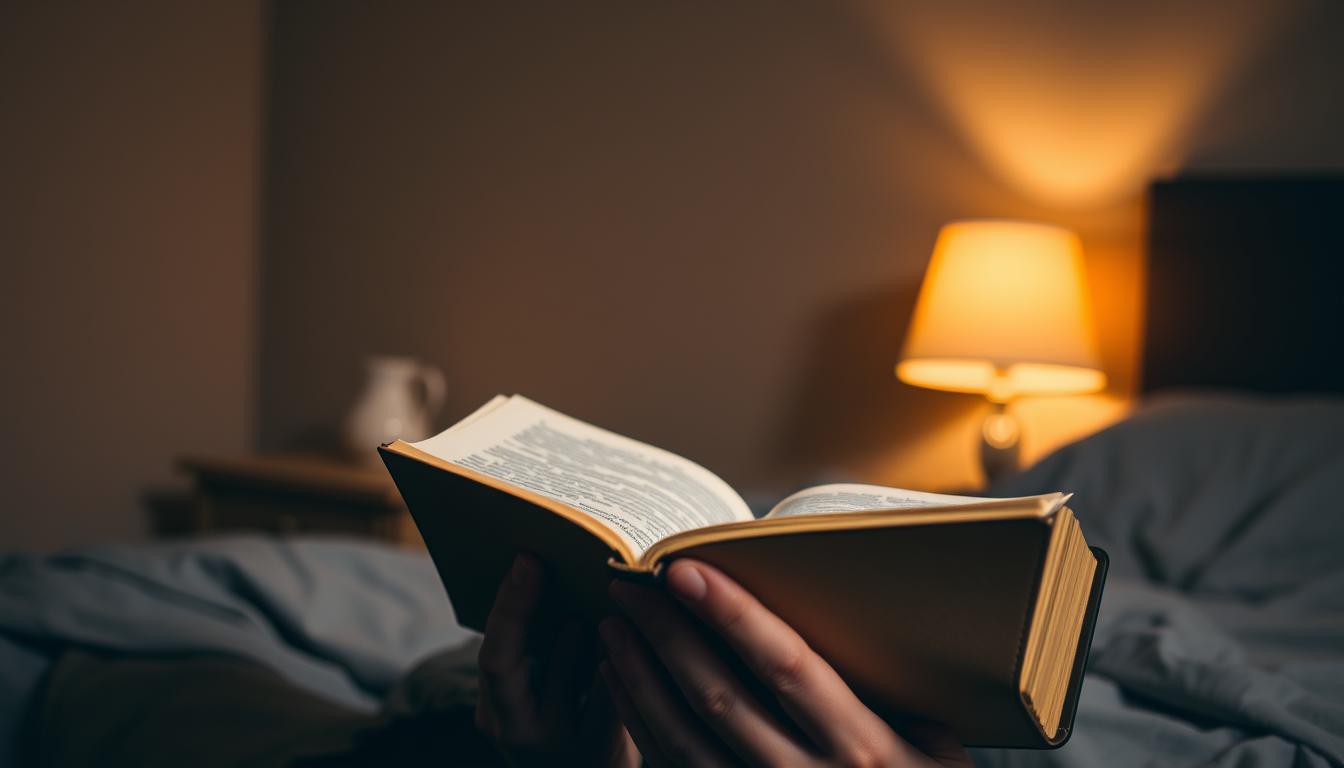Ever felt the urge to look at someone’s private journal? That moment when a diary is right there, full of secrets? Humans are naturally curious, but we must respect privacy.
Privacy is a basic human right. Studies show 85% see diaries as private. Your thoughts are sacred, and getting consent is key to trust and safety.
Imagine feeling betrayed when someone reads your private writings. Almost 40% of diary writers have had their writings read without permission. This can hurt deeply and damage relationships.
Teenagers are extra sensitive. 36% of teens worry about family or friends finding their journals. Over 58% are too scared to write because of privacy fears. This shows how delicate personal writing can be.
Understanding diary ethics means being empathetic, respectful, and valuing personal freedom. As we dive into this, you’ll see why keeping personal stories safe is more important than curiosity.
Understanding the Privacy and Personal Boundaries of Diary Writing
Diaries are personal spaces where you can share your deepest thoughts and feelings. They are safe places for self-expression. These journals help improve emotional intelligence and mental health.
The Importance of Personal Space in Journaling
Your journal is a special place for dealing with tough emotions. Studies show that keeping your writing private is key. It helps you:
- Get to know yourself better
- Deal with hard times
- Reduce stress
- Find ways to grow
Safe Spaces for Authentic Self-Expression
Writing in a private journal lets you be true to yourself. Emotional intelligence grows when you feel safe to share your real feelings.
“A journal is your unedited version of life” – Unknown
Psychological Dimensions of Private Thoughts
Looking into the psychology of private thoughts can help you grow. Journals offer a safe space for mental exploration. They help you:
- See emotional patterns
- Find ways to cope
- Understand yourself better
Keeping your diary private is key to self-discovery. It creates a safe space for personal growth and healing.
Historical Cases of Published Diaries and Their Impact
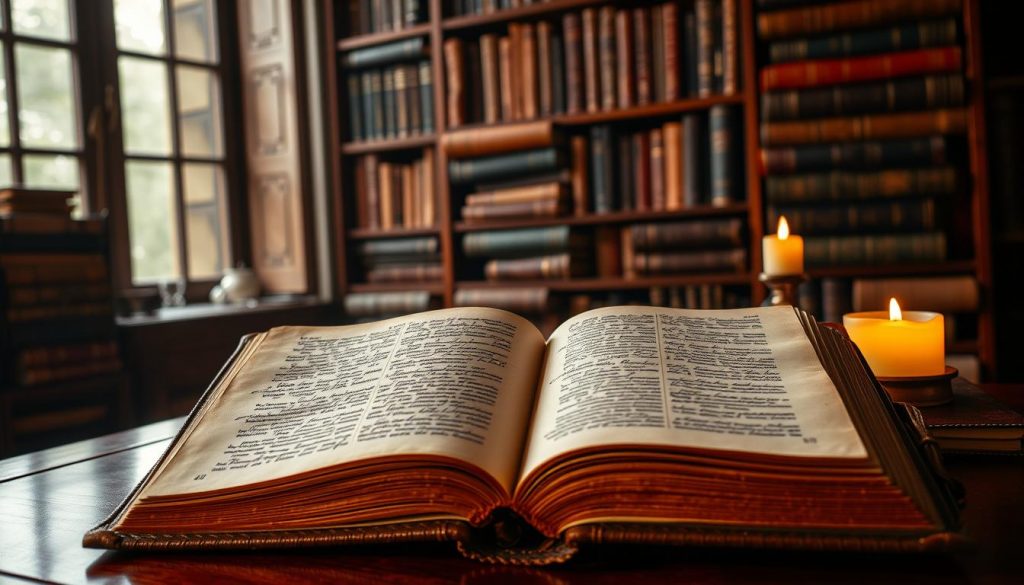
Diaries give us deep insights into personal lives, often during tough times. They show how people cope and survive through hard times.
Anne Frank’s diary is a strong example of facing challenges head-on. It tells the story of a young girl’s life during the Holocaust. Published in 1947, it shows her courage and hope.
“I keep my ideals, because in spite of everything I sill believe that people are really good at heart.” – Anne Frank
Diaries are more than just personal stories. They open a window into how people lived through big historical events.
- Anne Frank’s diary was first published in the Netherlands in 1947
- Translated into over 75 languages worldwide
- Became a critical document of Holocaust experiences
| Diary | Author | Publication Year | Significance |
|---|---|---|---|
| The Diary of a Young Girl | Anne Frank | 1947 | Holocaust documentation |
| Meditations | Marcus Aurelius | 180 AD | Philosophical reflections |
| Personal Writings | Frida Kahlo | Posthumous | Artistic introspection |
When these personal stories are shared, it makes us think about privacy and consent. But they also give us a unique look into history through individual experiences.
The Moral Implications of Ethical Diary Reading
Looking into someone’s private journal is a big deal. It’s a personal space that tests the limits of journaling ethics. Privacy is a key issue here, where trust and personal space meet.
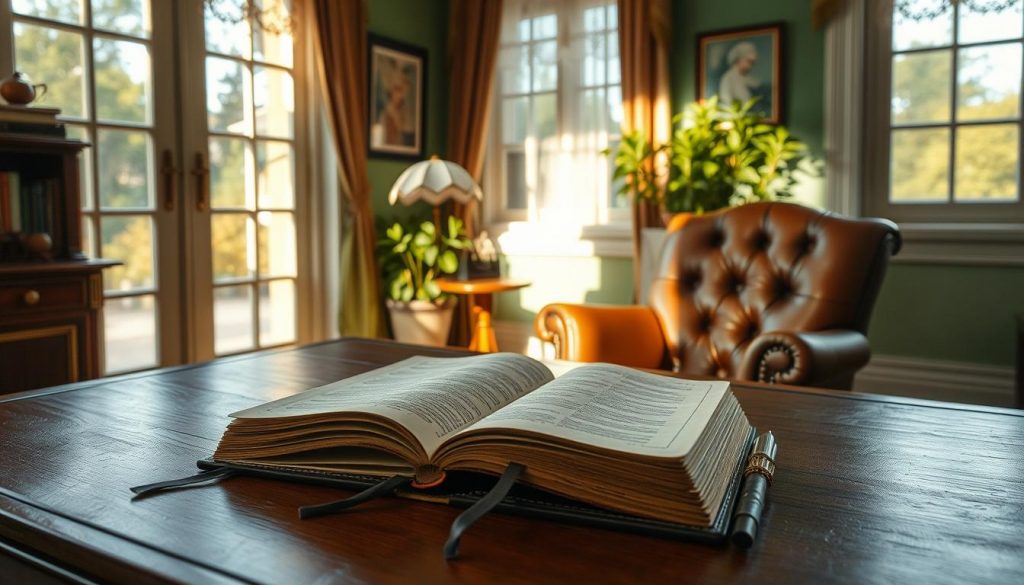
Reading someone’s diary without their okay can hurt a lot. It’s not just about being curious. It’s a big breach of personal freedom.
Trust Violations and Consequences
Looking at someone’s diary without permission can cause big emotional problems:
- It can break trust right away
- It might hurt the relationship for a long time
- It can damage personal privacy lines
Consent and Personal Autonomy
Personal journals are sacred spaces for sharing thoughts. When someone’s private thoughts are shared without their say-so, it takes away their right to privacy.
“A diary is a deeply intimate document, not meant for external validation or judgment.”
Impact on Relationships and Communication
| Relationship Type | Potential Impact of Unauthorized Reading |
|---|---|
| Romantic Partnership | Severe trust erosion |
| Family Dynamics | Emotional disconnection |
| Friendship | Potential permanent rupture |
Understanding these moral dilemmas shows the deep ethical issues of looking into someone’s private journal. It’s all about respecting personal space to keep relationships strong and trust alive.
Parental Perspectives on Reading Children’s Journals
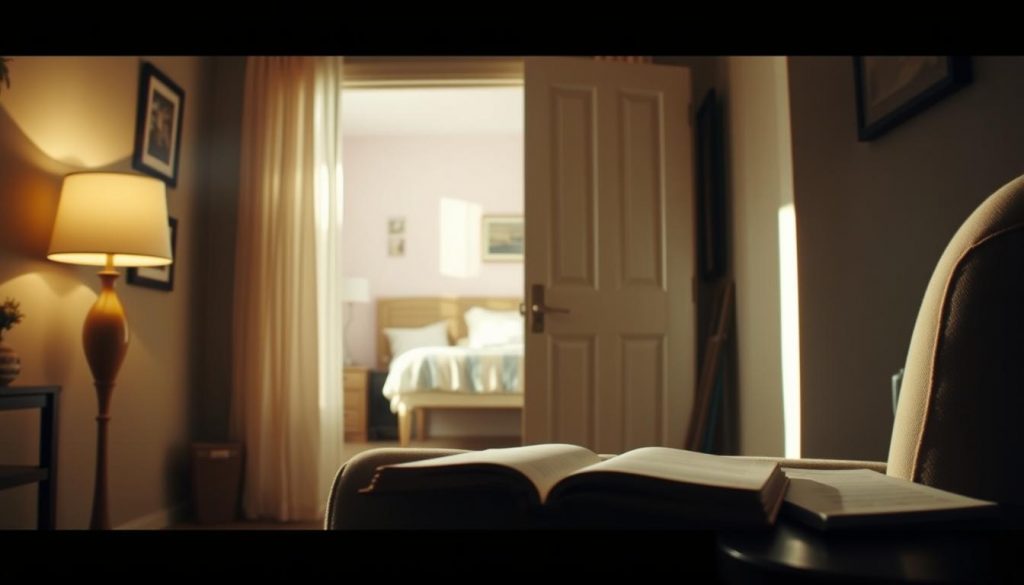
Dealing with personal boundaries can be tough for parents. Your child’s diary is a special place for them to share their feelings. Reading it without asking can hurt your relationship with your child.
“Privacy is not about hiding something. It’s about protecting something.” – Unknown
It’s key to understand diary security for parents. Even though you might want to see what your child writes, it’s not worth the risk. It could harm your child’s feelings and trust in you.
- Respect your child’s personal boundaries
- Foster open communication through trust
- Create safe spaces for emotional expression
- Encourage journaling as a healthy coping mechanism
There might be times when you need to step in. If you think your child is in danger, like they might hurt themselves, you should get help from a professional.
| Intervention Scenario | Recommended Action |
|---|---|
| Potential Self-Harm | Consult mental health professional |
| Suspected Abuse | Contact appropriate authorities |
| Extreme Behavioral Changes | Seek counseling and open dialogue |
Your main goal is to have a healthy relationship with your child. Talking openly and respecting each other is more important than reading their diary. It helps keep trust strong.
When Reading Someone’s Diary Might Be Justified
It’s important to balance privacy with safety. While keeping someone’s secrets is key, there are times when reading their diary is necessary. This is true in rare, serious situations.
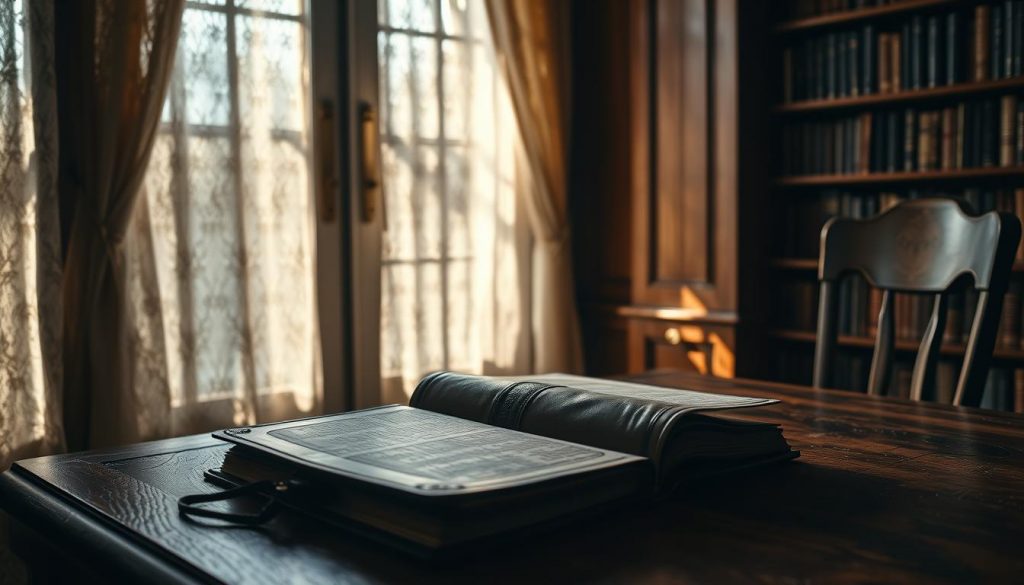
Safety Concerns and Mental Health Risks
Protecting someone might mean breaking privacy rules. Here are some reasons you might need to read a diary:
- Suspected severe mental health crisis
- Clear indications of possible self-harm
- Evidence of dangerous behavior patterns
Professional Guidelines for Intervention
Mental health experts have clear rules for these situations. They aim to save lives while respecting privacy.
| Scenario | Potential Action |
|---|---|
| Suicide Risk | Immediate Professional Consultation |
| Child Abuse Indication | Mandatory Reporting |
| Threat to Others | Protective Intervention |
Legal and Ethical Considerations
Think carefully before reading someone’s diary. Ask yourself these questions:
- Is there a real danger to life?
- Have you tried talking to them first?
- Can you get professional help?
“The protection of human life supersedes absolute privacy in extreme circumstances.”
Always see reading a diary as a last option. It should be done only when you truly care about someone’s safety.
Modern Challenges in Digital Journaling and Privacy Protection
Digital privacy is a big worry for those using online journaling sites. With 91% of people worried about their data, your thoughts are at risk. Cloud-based apps are risky, with over 40% of companies facing data breaches due to poor security.
Choosing a digital journaling platform means consent is key. Yet, 60% of people don’t know what data companies collect or how they use it. With IoT devices in 40% of U.S. homes, protecting your data gets harder. By 2025, over 75 billion devices will be connected, making privacy risks even higher.
Social media adds more danger, with 78% of breaches linked to these platforms. Your digital journal could be at risk through simple actions. To keep your story safe, know your privacy settings, use encrypted apps, and share wisely.
To protect your digital journal, stay up-to-date on privacy policies. Use strong passwords and pick secure platforms. Your thoughts are precious in today’s digital world, and they need your protection.
FAQ
Is it ever okay to read someone else’s diary?
No, it’s not okay to read someone’s diary without their permission. It’s a big privacy violation. There are very rare cases where it might be okay, like if someone’s safety is at risk. But these cases should be handled with great care and only as a last resort.
What makes a diary such a private document?
A diary is a special place for deep thoughts and feelings. It’s where people can share their innermost thoughts without fear of being judged.
How can reading a diary damage relationships?
Reading someone’s diary without their say-so can ruin trust. It’s a huge breach of privacy. It can cause a lot of emotional pain and might even break communication for a long time.
Are digital journals any different from physical diaries in terms of privacy?
Digital journals face their own privacy issues, like data breaches. But the basic rule is the same. Both digital and physical journals are private and need respect and consent.
What should I do if I’m tempted to read someone’s diary?
Think about the possible harm it could cause. If you’re having trust or communication issues, talk openly with the person. Don’t break their privacy.
How can parents respect their children’s journaling privacy?
Parents should work on building trust and open communication. Instead of reading their diary, encourage kids to share their thoughts freely. Respect their privacy while being supportive and available.
What are the psychological benefits of keeping a private journal?
Journaling can help a lot. It improves emotional intelligence, reduces stress, and helps understand oneself better. It’s a great way to deal with emotions and grow personally.
Are there any legal implications of reading someone’s diary without permission?
Yes, reading someone’s diary without permission could be seen as invading their privacy. This might have legal consequences. Always respect people’s privacy and personal space.
Source Links
- On Reading Someone Else’s Diary – Grace Welker
- What Are The Ethics of Reading Other People?
- No Mom, You Can’t Read Your Daughter’s Diary (or Texts)
- Exploring the Use of Diary Entries for Qualitative Researchers: Mitigating Challenges When Investigating Sensitive Topics on Indian Women
- On Diary Writing
- Children’s Diaries during the Holocaust
- The publication of the diary
- The authenticity of the diary of Anne Frank
- Is It Wrong to Read the Diaries of the Deceased? – The Ethics of Publishing Diaries
- The ethics of posthumously publishing diaries
- Parental Perspectives on Storybook Reading in Indian Home Contexts – Early Childhood Education Journal
- Exploring the perception of parents on children’s screentime: a systematic review and meta-synthesis of qualitative studies
- Everyday ethics: Do the ends justify the means?
- How Should a Diary Be? Sheila Heti Scrambles Her Life in Alphabetical Diaries | The Walrus
- Copyright term, authorship and moral rights: the intriguing tale of Anne Frank’s Diary
- Challenges of the digital age for privacy and personal data protection
- Privacy and digital ethics after the pandemic – Nature Electronics

